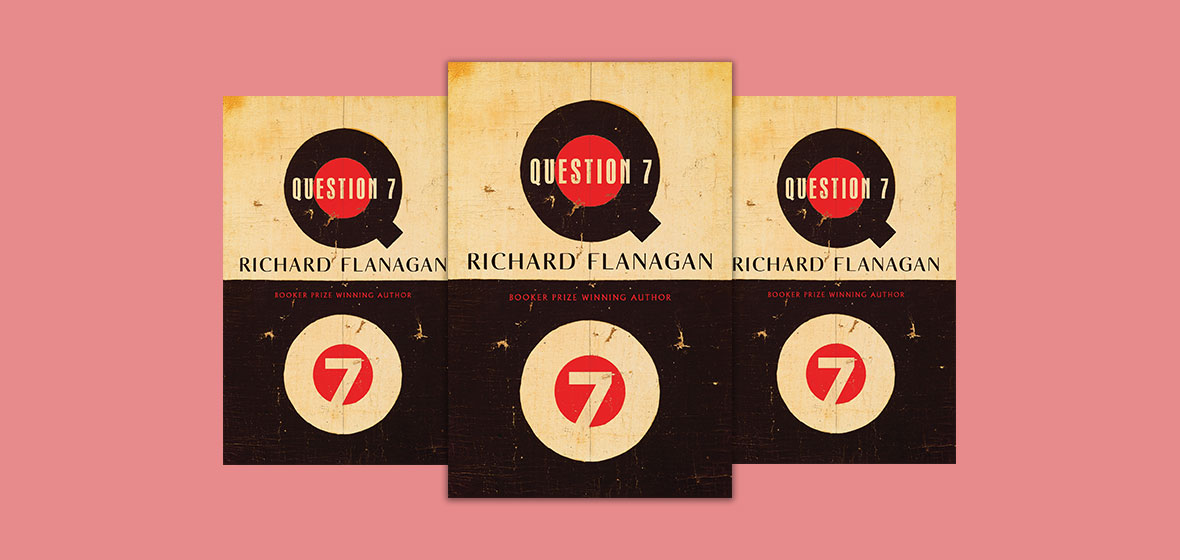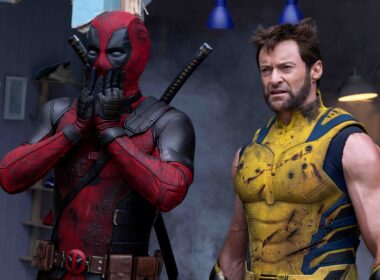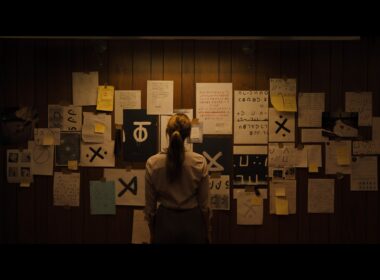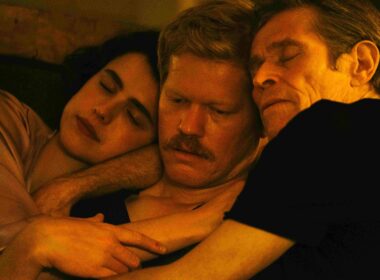Author: Richard Flanagan
Publisher: Penguin Books Australia
Over two-hundred-and-seventy-nine pages, Richard Flanagan blends so much autobiography, biography, history, historical fiction, memoir, and probably fiction (but who knows?) into a single view that it is hard to understand how he conceived it. By his own account, it took many years to write. However, it is remarkably clear and easily grounded in Flanagan’s matter-of-fact style, which somehow feels utterly true and personal, all while dealing with the extreme complications of trying to understand history, and his own past.
It opens in the very real winter of 2012, with a visit by Flanagan to Ohama Camp, Japan, where his father had once been forced to work in a coal mine as a slave labour during WW2. Nothing remains of the camp. Flanagan does not know why he is there. Local people nearby do not know of its previous existence or do not want to know. Showing how people wipe out the past with silence, how the events of history are personal and meaningless, and yet constant and irrefutable, ambiguity is a theme from this point to the end.
The book goes as wide as the genocide of Tasmania’s first people and Flanagan’s family’s convict past in Tasmania to as narrow as Flanagan’s harrowing experience of drowning while trapped in a crushed kayak, on a cold river at the age of 21. It slides from the writers H. G. Wells and Rebecca West’s affair, to how Wells, himself a trained zoologist and biologist, wrote fiction based on science that influenced Leo Szilard, a physicist in the golden age of physics. In turn, we see how literature influenced Szilard’s work, which led to the development of nuclear fission.
From there, like a lion coming into one’s periphery vision, the connection to The Bomb becomes awfully clear. The events around Hiroshima in 1945, his own father’s internment in horrendous POW camps in Japan, and the effects of genocide are all threaded throughout this via personal, attentive, and poetic but clear-eyed writing.
Via the book’s title, an in-joke of sorts made clear in the story, Flanagan is clearly alive to the absurd as well. All while dealing with love and time, and connecting this in a way that defies the laziness of categorisation (which is the mainstay of this, a review. That’s life).
Maybe it is reminiscent of The Rings of Saturn by W. G. Sebald, or The Faraway Nearby by Rebecca Solnit. But I think it is in no way influenced by them – it, and they, merely reminded me of the slippery way stories can be told, which are devastating when expressed through the personal lens of talented writers.




